Levelling up: Rishi Sunak defends giving money to richer south-east England
This video can not be played
To play this video you need to enable JavaScript in your browser.
Rishi Sunak has defended the latest allocation of levelling up money which saw the richer south-east of England region get more than the north-east.
The prime minister said the north had received the most amount of cash in terms of funding per person.
The government has also argued that parts of the south are deprived and need investment.
Labour claimed north-east England was “one of the big losers” from a funding model it says is unfair.
A total of 111 areas across the UK have been awarded money from the second round of the government’s Levelling Up Fund.
The Eden Project in Morecambe, Lancashire, will get £50m to help regenerate a derelict site on the seafront into an eco-tourism attraction.
There will also be a £50m grant to build a new direct train service linking Cornwall’s largest urban areas.
But London boroughs will get more than both Yorkshire and the north-east of England.

Are you concerned about the announcement? Please get in touch.
- Email haveyoursay@bbc.co.uk
- WhatsApp: +44 7756 165803
- Tweet: @BBC_HaveYourSay
- Please read our terms & conditions and privacy policy

Mr Sunak is touring the north of England, starting in Accrington, in Lancashire, which is getting £20m to improve its town square, to promote the policy.
He said: “Two thirds of all the levelling up funding is going to the most deprived parts of our country.
“Levelling up is about making sure people feel pride in the places they call home – it’s about driving jobs and investment.”
He also defended the £19m awarded to his own constituency of Richmond, in North Yorkshire, arguing the money would benefit armed forces personnel based in Catterick Garrison.
Asked during an event in Morecambe if the distribution of funding was politically motivated, Mr Sunak replied that “around half” of the funds had gone to non-Conservative areas.
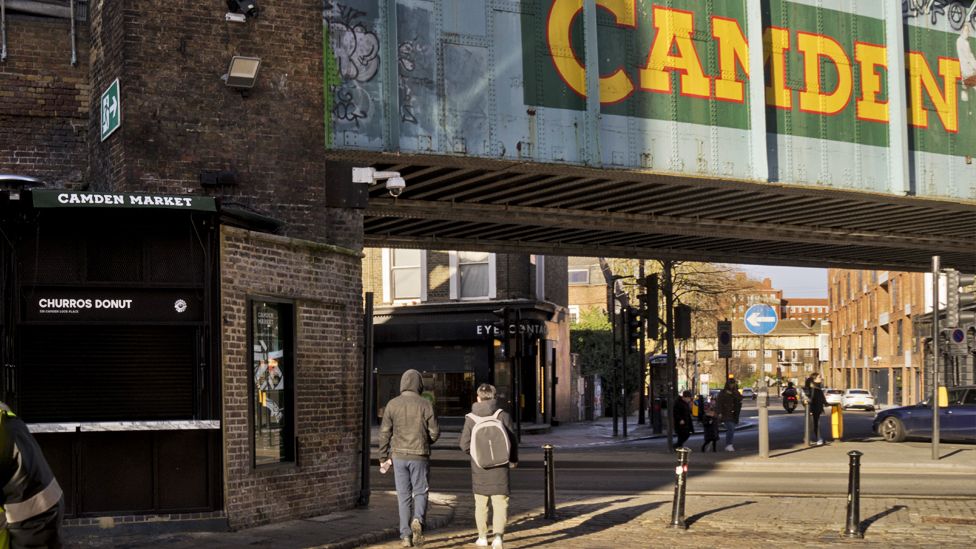
The London Borough of Camden – where Labour leader Sir Keir Starmer has his constituency – will receive £7m for cycling and walking infrastructure and local GP services.
Labour has argued the money does not make up for past cuts made by Conservative governments.
Shadow levelling up secretary Lisa Nandy said: “It takes an extraordinary arrogance to expect us to be grateful for a partial refund on the money they have stripped out of our communities.”
She criticised the funding model and said her party would end the “competitive-style bidding” process, but would not cancel projects that had already been given the green light.
The idea of “levelling up” – or reducing regional inequality – was a key part of Boris Johnson’s 2019 election campaign. Its aim was to close the gap between rich and poor parts of the country by improving services such as education, broadband and transport.
Other projects set to get funding include:
- £50m for Crossrail Cardiff – a new train line between Cardiff Bay and Cardiff Central Station
- Nearly £27m for a roll-on, roll-off ferry for Fair Isle in Shetland
- £40m for a carbon-neutral education campus in Blackpool town centre
- £20m to go towards the regeneration of Gateshead Quays, including a new arena, exhibition centre and hotels
- £5.1m to build new female changing rooms in 20 rugby clubs across Northern Ireland
- Just over £19m to improve public spaces in Hackney Central, east London
- £45m to help the Port of Dover operate more efficiently, including adding more border control points
- You can see the full list of projects to be awarded funding here
Overall this latest pot of funding sees the north-west of England receive the most money getting £354m.
The south-east comes second with £210m while London gets £151m.
Northern Ireland and the north-east are the regions allocated the least – £71m and £108m respectively.
The first pot of levelling up funding, announced in October 2021, saw £1.7bn awarded to 105 projects.

Conservative party campaign headquarters have denied reports they have told MPs in marginal seats to stop using the phrase “levelling up” due to concerns the public do not know what it means.
A Conservative source told the BBC that MPs had “been told the precise opposite” and had instead been told how best to use the phrase based on the party’s opinion research.
The BBC has been told that, for example, MPs have been told not just to talk to constituents about how much money has been spent, but instead to talk about specific things that have changed for their area.
Philip Rycroft, former top civil servant at the now-defunct Brexit Department, described the process of distributing funding as “completely crackers”.
“£2bn of public money is being distributed across the nation by a bunch of civil servants who have probably not been to the vast majority of the places they are distributing money to – how can this be sensible,” he asked at a think tank Reform event.


The North West of England got the most money in both rounds of this process. The South East and South West fared better in the second round than the first while Yorkshire and the Humber did much better first time round. A third round is still to come.
The government has defended the allocations by looking at funding per head of the population in the particular areas.
So while the South East got almost twice as much money as the North East, its population is about four times as big, so its funding per person is considerably lower.
By that metric, London and the South East are near the bottom of the table along with Yorkshire and the Humber, while the North West and North East are both near the top, as is Wales.

Kevin Bentley from the Local Government Association (LGA) said the allocation of levelling up funding should be “locally led by evidence” of where investment is needed rather than “based on costly competitive bids between areas”.
He also warned fulfilling projects had become more challenging due to rising inflation and costs.
Head of the Local Government Information Unit think tank Jonathan Carr-West said: “People will debate whether these allocations are right or fair but the real problem here is that this is a crazy way to fund local government.”
He argued that councils were putting “huge” resources into applying for the funds, diverting money from “other useful and necessary things”.
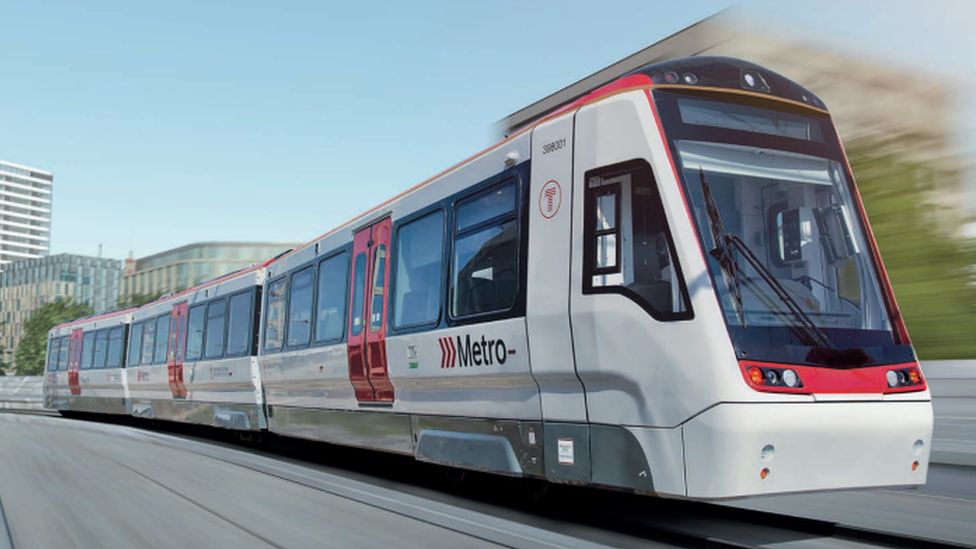
-
Eden Project Morecambe in £50m Levelling Up boost
-
17 hours ago

-
-
Levelling up cash for rail line and leisure centre
-
2 hours ago

-
-
Region’s projects boosted by levelling up funding
-
17 hours ago
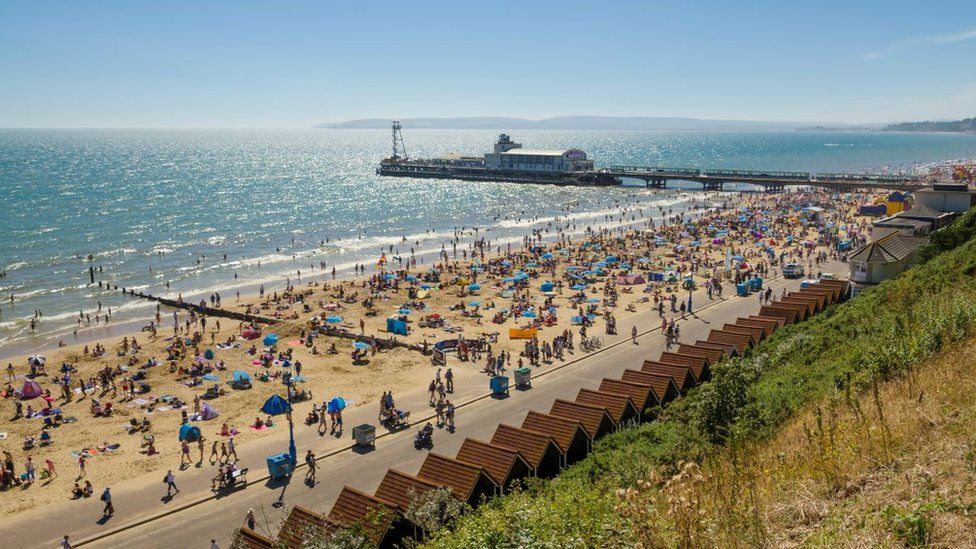
-
-
Levelling up failing in the North East – study
-
6 October 2022
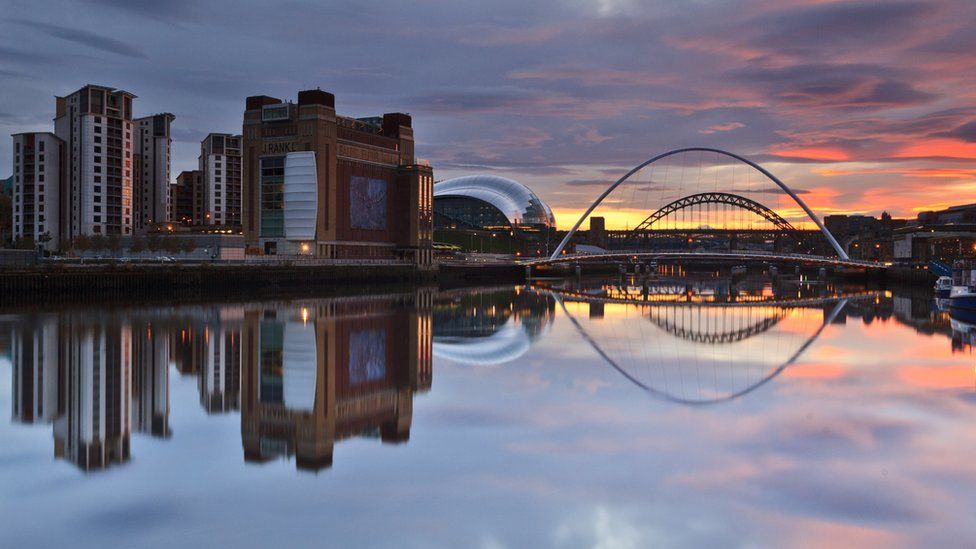
-
-
Inflation threatens levelling up, councils warn
-
30 August 2022
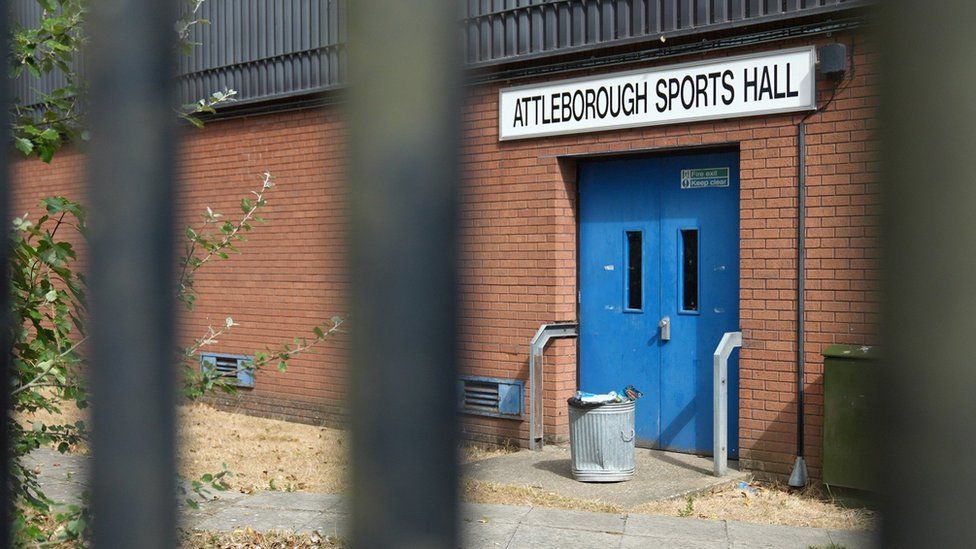
-
Published at Thu, 19 Jan 2023 14:44:54 +0000
